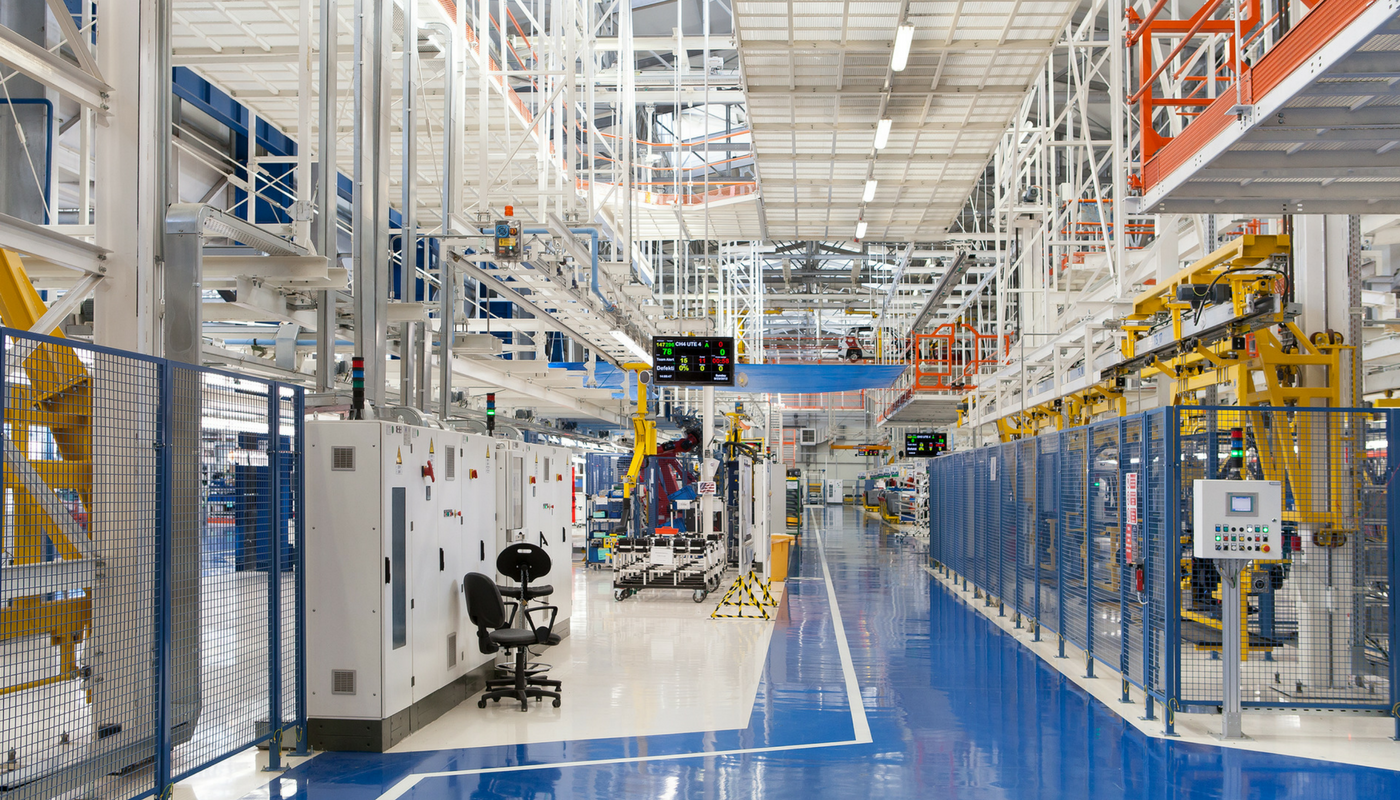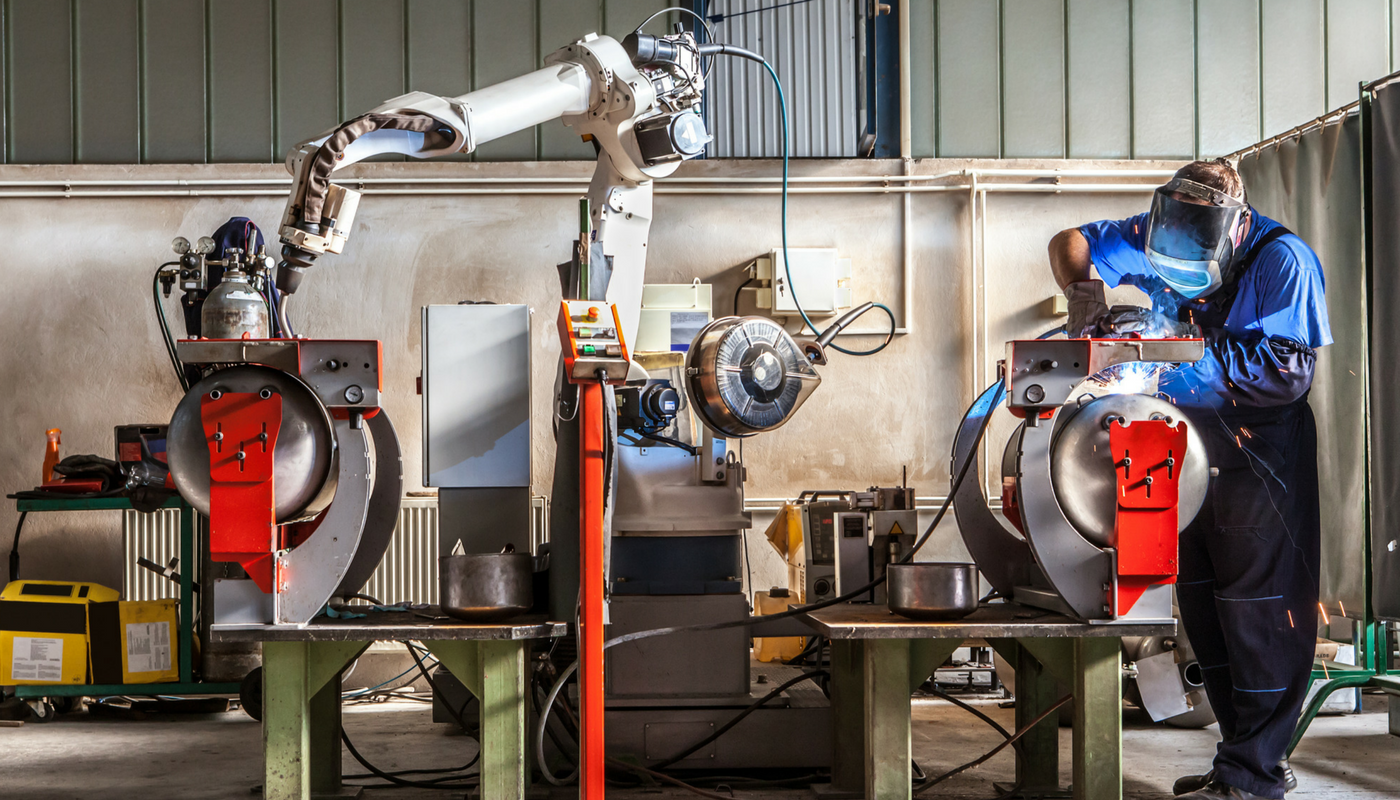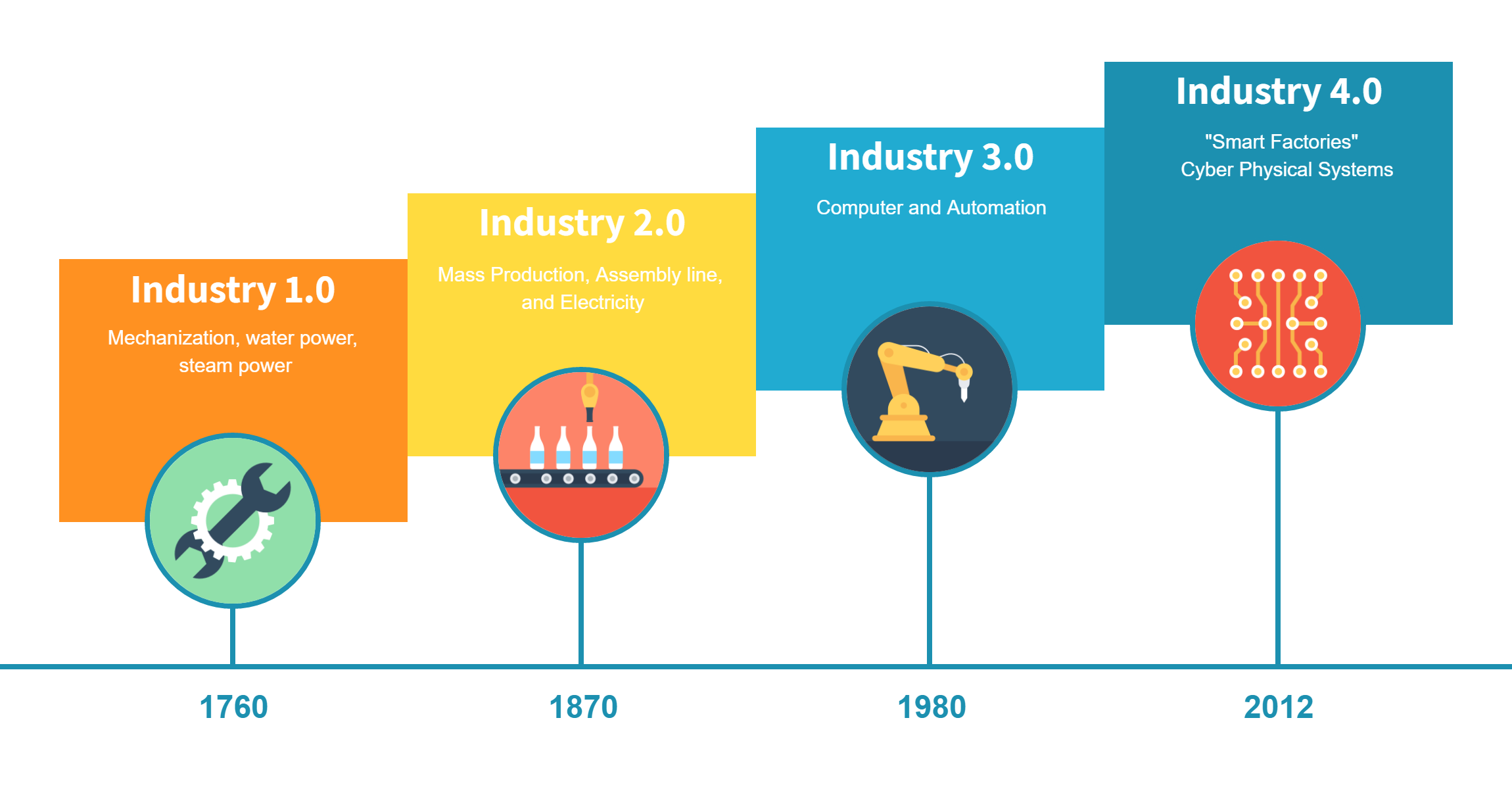THE NOVIQU BLOG
Our blog offers industry specific information, research, as well as information about our company and products.

Posted on 05/17/2022 by Anna Haney
Noviqu reappoints Anna Haney as CEO

Posted on 03/25/2022 by Anna Haney
No One Likes Keeping Track of Training Data

Posted on 03/22/2022 by Anna Haney
Information Fatigue- The problem with apps

Posted on 03/16/2022 by Anna Haney
Three Steps to Build a Culture Focused on Safety

Posted on 03/11/2022
Noviqu appoints Austin Gardner as CTO

Posted on 02/02/2022 by Chad Haney
We attended the International Production and Processing Expo; Here are our Thoughts

Posted on 07/15/2021 by Amber Ramsey
Why Now Is a Good Time to Pursue a Degree to Help You Start Your Own Business

Posted on 03/30/2021 by Anna Haney
Manufacturing in the wake of COVID-19

Posted on 04/29/2019
Yes, we know there's a skills gap - but what is the solution?!

Posted on 03/03/2019 by Chad Haney
New Feature: Workflows are finally here!

Posted on 12/05/2018 by Allison Opitz
Should I care about Lean Six Sigma?

Posted on 10/11/2018 by Allison Opitz
Digitization of Processes

Posted on 09/21/2018 by Anna Haney
Noviqu Launches Product for Franchising Industry with Taco Tico

Posted on 9/11/2018 by Allison Opitz
Why you should digitize your training process

Posted on 08/14/2018 by Allison Opitz
3 Steps to a preventive maintenance plan employees will actually follow

Posted on 07/24/2018 by Allison Opitz
Get On Board with Onboarding: What New Hires Really Want On Day 1 and Beyond

Posted on 07/17/2018 by Anna Haney
Noviqu is now #TechstarsForLife

Posted on 07/12/2018 by Anna Haney
Industry 4.0: What it is, and how to begin implentation now

Posted on 7/10/2018 by Anna Haney
Meet Eladio Ballesteros! (Not Pictured)

Posted on 07/09/2018 by Anna Haney
Manufacturing isn't dead; Come to the Midwest

Posted on 06/27/2018 by Anna Haney
Digital reporting can return huge savings on OSHA inspections

Posted on 6/20/2018 by Anna Haney
Going from Paper to Digital: The Noviqu Story

Posted on 06/14/2018 by Anna Haney
What is microlearning and why does it matter in manufacturing?

Posted on 06/06/2018 by Anna Haney
The Importance of Digital Checklists

Posted on 05/29/2018 by Anna Haney
How to entice second and third shift employees (hint, it's not money)

Posted on 04/10/2018
Four Principles for Keeping your Warehouse Clean and Organized

Posted on 04/02/2018
Maintenance Tips to Extend Equipment Life

Posted on 03/27/2018
Five Ways To Increase Employee Productivity

Posted on 03/19/2018 by Anna Haney
Four Ways to Keep Your Workplace Safe

Posted on 03/13/2018
Safety Incidents in Manufacturing you shouldn't overlook

Posted on 03/05/2018
How Manufacturing Has Changed in the Last 10 Years

Posted on 01/12/2018
Ongoing Employee Training: Is This the Key to Manufacturing Success?

Posted on 12/20/2017
5 Reasons Why Employee Training is Worth the Investment

Posted on 11/30/2017 by Austin Gardner
The True Cost of an Accident

Posted on 11/2/2017 by Chad Haney
The Future of the Manufacturing Industry
We're here for you.
Please call us directly by phone or chat via email.
SIGN-UP FOR A DEMO TODAY.
Ready to take your facility to the next level?